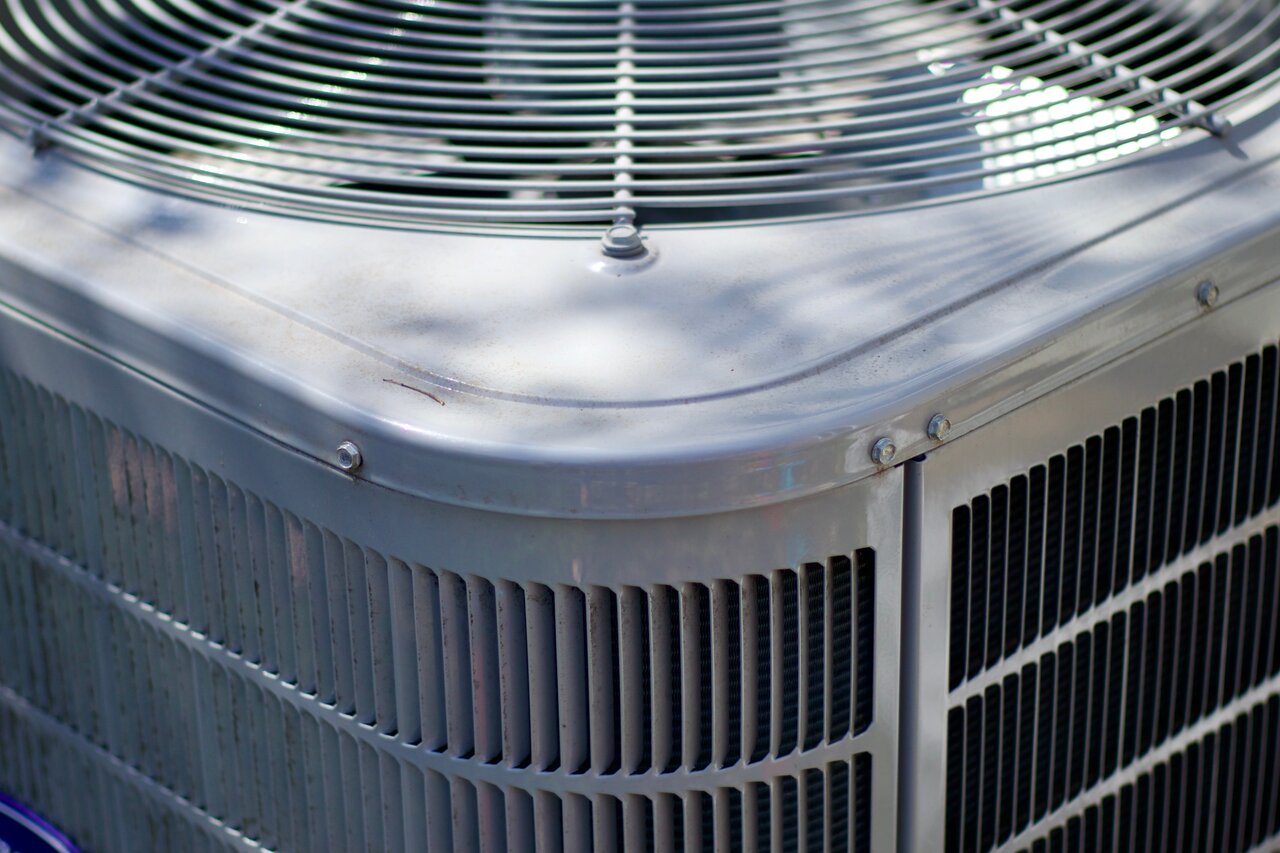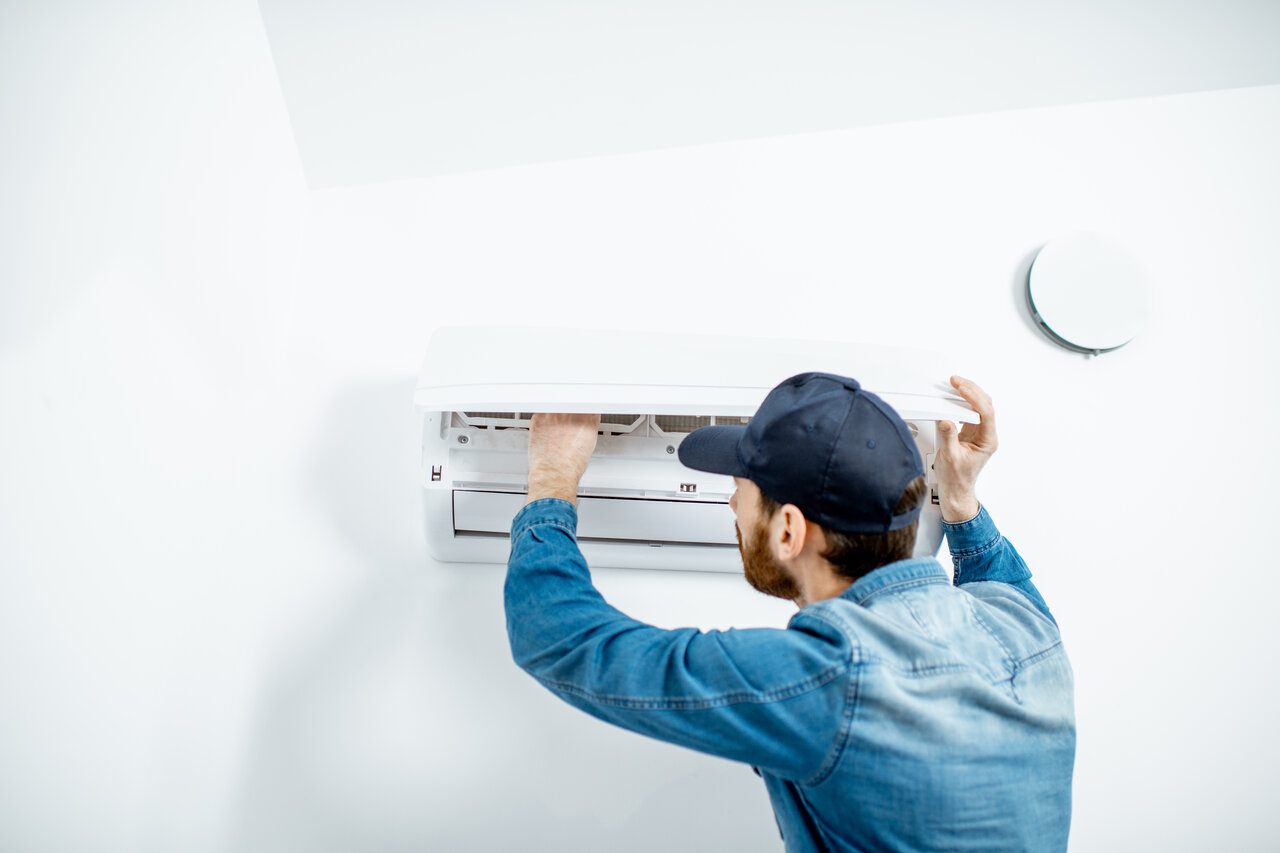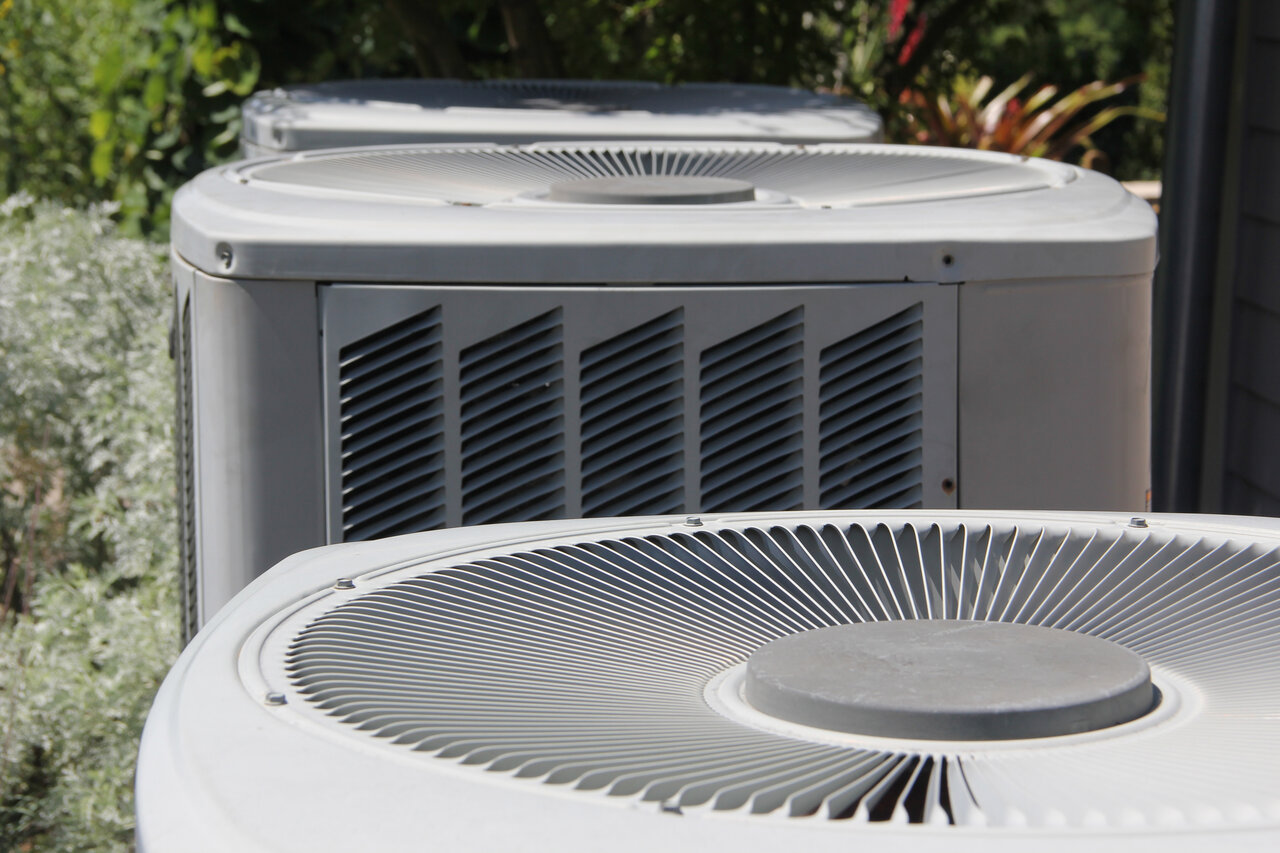The Comprehensive Guide to Central HVAC System Maintenance: Expert Recommendations
A well-functioning central HVAC system is essential for maintaining comfortable temperatures and good air quality in your property, no matter the season. However, ensuring the optimal performance and extending the lifespan of your system requires regular maintenance and an understanding of the best practices to follow. Proper preventative care can help reduce energy costs, prevent unexpected breakdowns, and keep your central heating and cooling system working at its best.
We will delve into the world of central HVAC system maintenance for residential, light commercial, commercial, multi-family, mechanical, and rural properties. Our experts will share their insights into the essential maintenance tasks and tips that can help you keep your system in prime condition for years to come. By following these recommendations, you can protect your investment, enhance your property’s comfort, and promote energy efficiency.
I. The Importance of Regular HVAC System Maintenance
Investing time and effort into regular maintenance of your central HVAC system comes with numerous benefits that positively impact your property’s comfort, safety, and efficiency. These benefits include:
– Improved energy efficiency: Properly maintained systems run more efficiently, reducing energy consumption and lowering utility bills.
– Enhanced performance: Regular maintenance ensures your system delivers consistent heating and cooling, maintaining a comfortable environment throughout your property.
– Extended lifespan: A well-maintained system is likely to last longer, reducing the need for costly repairs or premature replacement.
– Indoor air quality improvement: Clean, well-functioning HVAC components contribute to better indoor air quality, promoting a healthier environment for occupants.
– Fewer unexpected breakdowns: Timely identification and resolution of minor issues can help prevent sudden system failures and expensive emergency repairs.
II. Key Maintenance Tasks for Your Central HVAC System
To keep your central HVAC system in peak condition, several crucial maintenance tasks should be performed regularly. Some of these tasks include:
- Air filter replacement or cleaning: Dirty or clogged air filters restrict airflow and force your system to work harder, increasing energy consumption and reducing efficiency. Regularly check, clean, or replace filters as needed to maintain proper airflow and improve air quality.
- Cleaning and inspecting HVAC components: Regular cleaning of system components, such as indoor and outdoor coils, can help prevent dust and debris buildup, which can reduce efficiency and contribute to component wear. Inspect components regularly for signs of wear, damage, or corrosion to address potential problems before they escalate into costly repairs.
- Checking refrigerant levels: Insufficient refrigerant can cause your cooling system to underperform and consume excess energy. Our technicians can assess your system’s refrigerant levels and address any leaks or issues that may impact its cooling capacity and efficiency.
- Verifying thermostat settings: Ensure your property’s thermostat settings accurately reflect your comfort preferences and energy-efficiency goals. Additionally, consider upgrading to a programmable or smart thermostat for better temperature control and potential energy savings.
- Assessing ductwork: Damaged or leaking ducts can significantly impact your system’s efficiency. Regularly inspect ductwork for signs of wear, damage, or leakage, and have any issues addressed by our professionals.
III. Seasonal HVAC System Maintenance Tips
To ensure your central HVAC system performs optimally throughout the year, it’s essential to consider seasonal maintenance tasks. These include:
- Spring maintenance: In anticipation of increased cooling demands, spring maintenance should focus on cleaning, inspecting, and testing your air conditioning components, such as outdoor coils, drain lines, and refrigerant levels.
- Fall maintenance: As colder weather approaches, shift your attention to heating system components. This includes inspecting your furnace or heat pump, checking for proper ignition and exhaust system functioning, and ensuring adequate insulation and weatherstripping in your property.
IV. Professional HVAC System Maintenance Services
While you can perform some maintenance tasks yourself, enlisting the help of our experienced professionals is crucial to ensure the proper functioning and longevity of your system. Our technicians can:
- Provide expert preventative maintenance: Well-equipped with the knowledge and tools necessary to identify, diagnose, and address potential issues before they escalate into costly repairs or system failures.
- Offer seasonal tune-ups: Ensure your system is prepared to handle the changing demands of each season, optimally adjusting components and settings to promote energy efficiency and extend component life.
- Conduct safety inspections: Our professionals can identify and address potential safety hazards, such as gas leaks, faulty wiring, or compromised exhaust systems, to create a safer and healthier environment.
Conclusion
Proper central HVAC system maintenance is essential for maintaining a comfortable, energy-efficient, and safe environment in your property. By following the expert recommendations and tips outlined in this guide, you can protect your investment, extend your system’s lifespan, and promote optimal performance.
If you need assistance with your central HVAC system’s maintenance or require professional advice, don’t hesitate to reach out to our team at Sharp Air Conditioning & Heating LLC. Our skilled technicians are dedicated to providing industry-leading services and ensuring your central HVAC system remains in prime condition for years to come. Contact us now to learn more about our heating and cooling services in Mesa, AZ.








